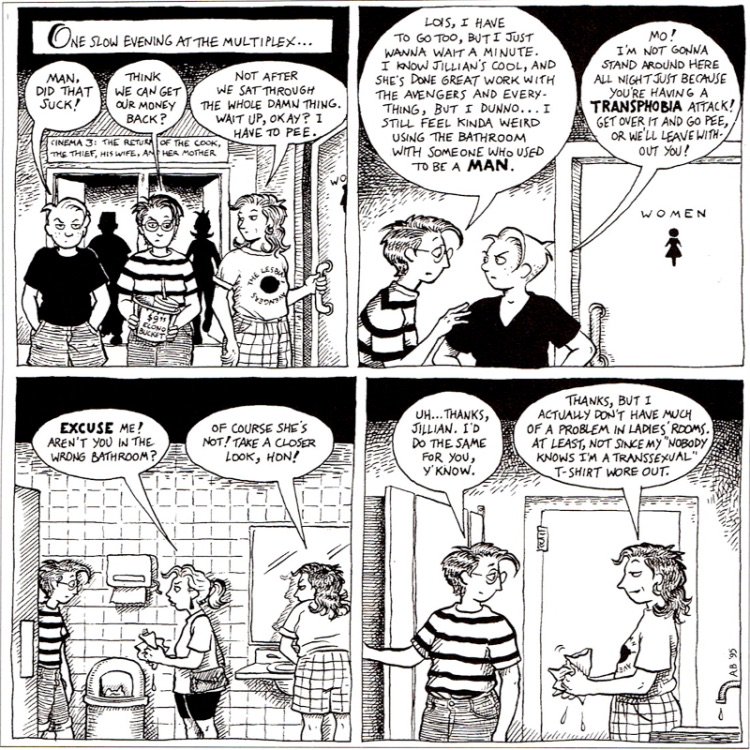At the end of a long thread full of examples of Love Live being explicitly gay, Andrea Ritsu asks:
When the “gay subtext” begins to take up more space than what regular text is there, maybe it’s time to reevaluate exactly what something has to do to count as “gay” to you.
Love Live has always suffered from its reputation as being aimed at male otaku looking for waifus, which to be fair, is part of its fanbase. But those are far from its only fans. In Japan, the fanbase is split roughly equally between men and women. Overseas, it’s likely that female outnumber male fans, with a large part being queer fans, drawn to the series especially because it’s hella gay; take a trip through the AO3 archives if you want proof. As Andrea’s thread shows, this appeal wasn’t coincidental. Love Live was queer from the start.
Which is why it hurts when even a mostly positive article about the franchise at Anime Feminist has paragraphs like this in it:
Both groups have attracted legions of adoring fans both in Japan and around the world, and you probably won’t be surprised to learn the core target demographic is straight men. Our birthday party for Nozomi painted a different picture, though. There were some men in attendance, sure, but a little under half of us, including the host, were women—and queer to boot.
This paragraph is representative of the article as a whole, which consistently reiterates that Love Live is aimed at straight male otaku but that suprisingly, it has gotten a large female/queer following nevertheless. Reading the article, you get the impression that the queerness in Love Live is a) accidental and b) a subversive reading of the franchise. This does a disservice to both Love Live‘s creators and its queer fans. To its creators because it implies that none of them knew what they were doing. To its fans because it implies they’re intruders in a fandom not actually meant for them.
We should get out of the mindset that any queer content in our Japanese anime is there only by accident, especially when there’s tonnes of evidence to the contrary. Demoting all queer content as “subtext” there for enlightened western fans to discover is a bit insulting to the original creators. It also reinforces the idea that any queer content is invalid, not real. With Love Live in particular the queerness was baked in from the start and has been only made more explicit as the franchise evolved.
Similarly, if you insist a franchise is aimed at straight men, than any fans which do not fall into that category are not legitimate fans. We should get rid of the idea that things are strictly “for men” or “for women” when we rightfully mock that idea when talking about pink screwdrivers or over the top macho moisturisers. Companies have their demographics to aim at, but that doesn’t mean we should indulge them in that crap. If only because it omits those who are neither male or female, but as said, also because it invalidates those fans you decide are the wrong gender to enjoy something. (As a personal aside, it’s also annoying if you decide all the things you dislike about a franchise is because it’s aimed at people like me. Lesbians can enjoy pinups too.)


